Buns, buns, and more buns.
There are so many options these days! It feels like it wasn’t too long ago that you had only two to three choices. Gone are the days where it’s either the plain bun (maybe with sesame seeds) or sliced bread. We want to make choosing the best bun for a burger easier for you, so we made a list of all the buns out there now and what they offer for your burger!
Potential spoiler alert: if you want to find out which is the best burger bun, go right to the bottom of the page!
types of buns
plain

Pros: simplicity
Cons: it doesn’t offer anything extra
This is the basic bun for a burger. Everyone has had this bun before in some way, shape, or form. There are no frills with this bun to be certain, but it gets the job done. And that’s about it. It lacks in substance and durability and is unlikely to be able to hold up if called on to support burger patty, multiple condiments, and numerous toppings all at once.
sesame seed

Pros: it has sesame seeds
Cons: the sesame seeds don’t add all that much
The sesame bun for a burger is really just a plain bun with some window dressing. How much better do sesame seeds really make a bun? Yes, they do add a touch of crunch and maybe a dash of flavor, but considering sesame isn’t a strong flavor in the first place, and that the seeds fall off rather easily, they’re mainly there to make the bun look better. Looks don’t always match up with taste.
potato

Pros: it has a more complex taste
Cons: it can be too starchy
Potato buns are made with ‒ you guessed it ‒ potato bread. To make a potato bun for a burger, a portion of the necessary wheat flour is substituted with potato flour. The result is more or less similar to standard white bread, but with a yellower color and denser texture. Sometimes it carries a faint potato taste as well. Potato buns provide a sturdier bed for a patty and condiments, but if we wanted potatoes on our burger we would just open the top bun and toss in a few fries, right? Also, potato buns run the risk of being a little too starchy.
alternative uses for buns…
1) earmuffs
2) seat cushion, or buns on buns
3) pillow
4) shoe inserts
english muffin

Pro: it’s quite a change-up
Cons: it’s quite a change-up
As a bun? It happens. They are a favorite bread when it comes to breakfast sandwiches, and hey! Burgers are a type of sandwich, after all. English muffin buns offer a crunchier bite to your burger, as long as it’s toasted. Of course, they are definitely in the outer orbit of popular burger buns. But if you wanted to be different ‒ and there’s nothing wrong with being different – the english muffin could satisfy your desire.
pretzel

Pros: it can hold up to the meat
Cons: it can be too hard to bite through
While the pretzel bun successfully meets one challenge presented by burgers, it introduces another difficulty entirely. The pretzel bun can hold up to the thickness of any burger patty, meaning you don’t have to worry about your bun turning soggy from all the running juices. Unfortunately, the thickness of the bun creates the dreaded backslider effect when taking a bite. In other words, your burger can shoot right out the back of the bun if you aren’t careful! Since burgers already tend to be messy, we don’t want to have to think about holding it together for each bite.
best places to grill…
1) on the roof
2) in the pool (to keep you cool)
3) in an anti-gravity chamber
sliced bread

Pros: ummm, it’s bread?
Cons: it’s a tad old-school
It’s the true original when it comes to burgers. Before there were buns there was toast. Sliced bread may be the reason we consider the burger a sandwich. The sliced bread burger sandwich has its pluses. Since the sandwich itself is very flat, you never have to worry about if you can fit it into your mouth for every bite! Sometimes a burger is too tall and you wind up having to smoosh the bun down in order for it to be eaten. Still, sliced bread has a big drawback; it’s too thin to hold on to all of the juices without getting soggy! Is there anything worse than soggy, mushy bread?
ciabatta

Pros: good bread flavor and texture
Cons: it can be too hard
The ciabatta roll as a bun is definitely the result of the craft burger craze. Usually reserved for sandwiches of the traditional kind (made with deli meats like turkey and ham), the ciabatta has offered burger buyers another way to enjoy this juicy sandwich. Like the pretzel bun, the ciabatta is perfectly suited to withstand the onslaught of juices and condiments that may end up dripping down to the bun. The soft insideof a ciabatta roll can absorb even the juiciest of patties without worrying about any impending destruction thanks to its hard outside. This hard-bread outside actually acts to lock in lost juices in the soft inside. However — and also like the pretzel bun — the hardness of the roll can lead to the same dreaded backslider effect, putting your entire sandwich at risk.
lettuce

Pros: it’s a vegetable
Cons: it isn’t technically a “bun”
Hey, we’re living in the 3rd millennium! Vegetarians always have an option these days. The burger is no different when it comes to accommodating vegetarians. Maybe they’ll be filling their lettuce wrap with some sort of veggie burger or alternative meat instead of a traditional patty. Either way, the lettuce wrap offers a healthier choice in place of the bun and can offer a true veggie burger if one so desires! The plus? It’s a little better for you. The negative? Lettuce doesn’t absorb, which means you can have a puddle of burger juice on your plate by the end of your meal.
kaiser roll

Pros: soft, flaky texture
Cons: still rather plain
The kaiser roll is an interesting choice for a burger bun if only because it already has a place as a change-up bread to the standard deli sandwich. It’s sort of like a slightly upgraded sesame seed bun (bakers who go the extra mile will top a kaiser roll with either sesame or poppy seeds). It doesn’t offer much in the way of flavor but, unlike the standard or sesame seed bun, it can hold up to a meaty patty a little better. The texture of a good kaiser roll is flakier than any of the other buns listed here. This makes for plenty of space for the juices to get soaked up without compromising the integrity of the roll. Chalk that one up in the “pro” column for the kaiser bun. But as with the standard or sesame seed bun, the kaiser roll is a rather plain tasting bread.
brioche

Pros: dynamic flavor and texture
Cons: you’ll eventually run out
If online polls are any indication, the best bun for a burger is a brioche bread bun! We think it’s the best kind of bun, too, and not just because we make them! The brioche bun screams of “gourmet” and has several things going for it. It’s also worth mentioning that brioche is French, and the French know a thing or two about gourmet!
For starters, it offers more flavor than any of the buns listed here. That’s because it has a higher egg and buttercontent than all other bread. Yes, we think it offers a little more flavor than both the potato and pretzel buns and that it does so without overpowering the other flavors it’s tasked with holding together. Instead, the brioche bread adds another dimension of flavor to any hamburger or cheeseburger — or veggie burger
The dynamic of a savory burger patty and your choice of condiments, along with the soft richness of brioche bread, go together like a Mozart concert in your mouth (or whoever your favorite composer/artist is).
where can you find bakerly brioche burger buns?
Of course, the easiest place to find the famous brioche burger buns is on our website. You also have access to plenty of burger recipes, the most famous one being the classic brioche burger for a classic brioche lover!
what’s the big deal with brioche?
We have an article that will answer this question!
Brioche buns tend to be smaller than other bun varieties, meaning smaller patties are the way to go if brioche is your choice. Although the brioche bun is certainly on the softer side it still holds up well to a succulent burger thanks to its ability to soak up all the juices. If flavor and durability are the two measuring sticks for a burger bun then brioche is in excellent standing.

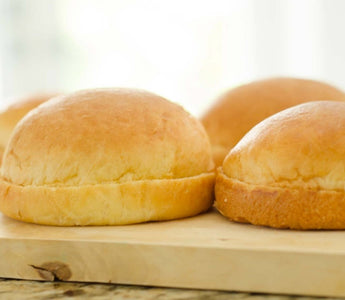


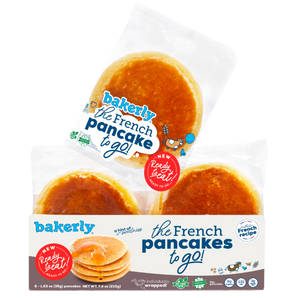
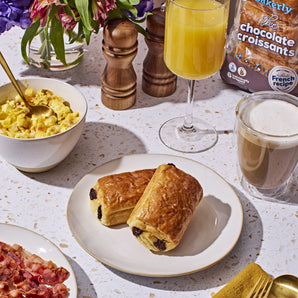

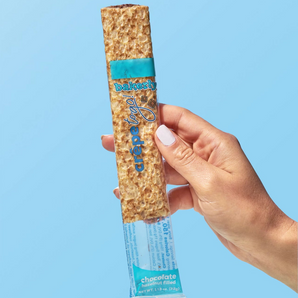
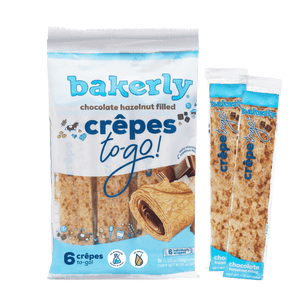
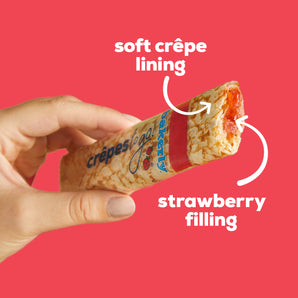
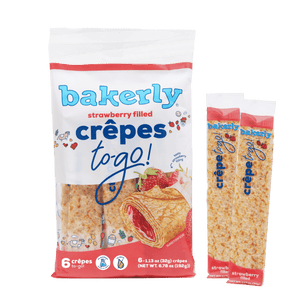
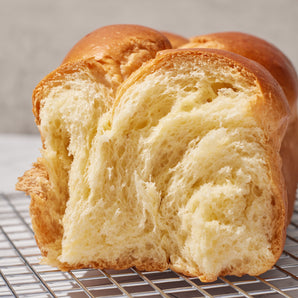

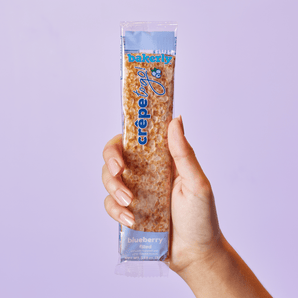
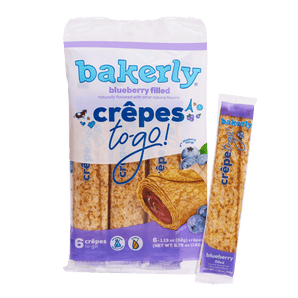
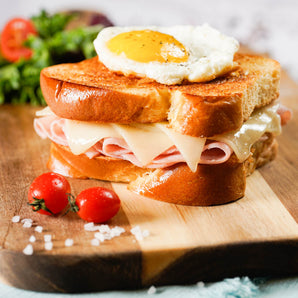



I love this bread/hamburger bun BRIOCHE. . It taste so rich. It’s even good with a hotdog in it after frying in the skillet for a few minutes with butter or macadamia spray.
I have a photo of a type of buns I want to buy from please reply so I send the picture so you see it
Hamburger helper bread make
please feed my monkeys bananas at the zoo, and u shud also add banana bread here aswell
I love the sliced bread and it is not old school i was around when we made that😡